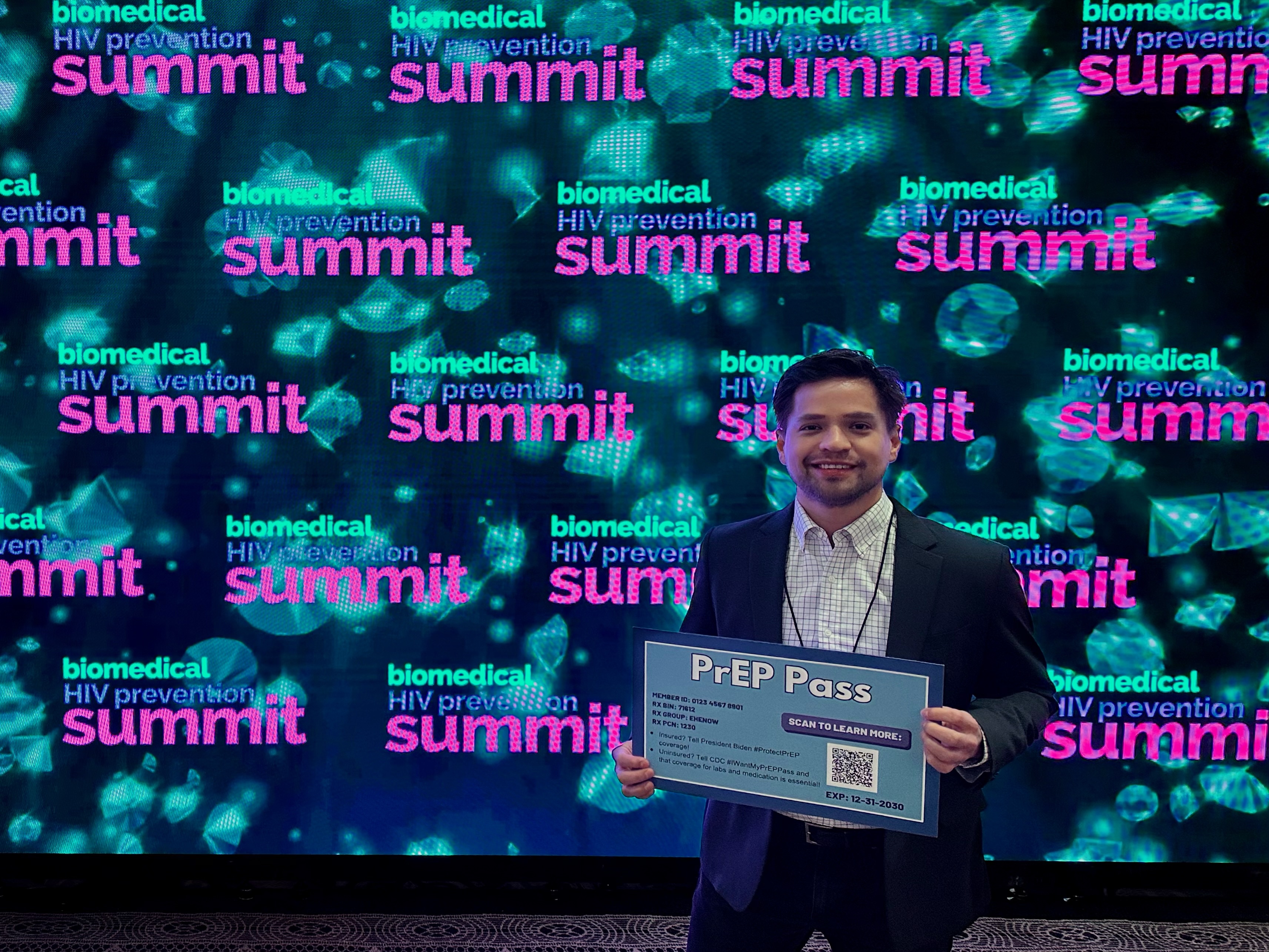At the 2023 Biomedical HIV Prevention Summit, calls for a national PrEP program were more urgent than ever
Facebook Twitter LinkedIn Email Nearly 1,400 attendees gathered at the 7th Annual Biomedical HIV Prevention Summit in Las Vegas, April 10-12, for timely discussions on new approaches to biomedical HIV prevention methods, including the need to increase equitable access to PrEP through a national program. The summit’s focus on the importance of PrEP as an essential HIV prevention tool was made even more urgent amid the backdrop of a judicial case challenging the preventive services mandate in the Affordable Care Act. The case threatens to erase the gains made in infection prevention supported by decades of science and research.
Nearly 1,400 attendees gathered at the 7th Annual Biomedical HIV Prevention Summit in Las Vegas, April 10-12, for timely discussions on new approaches to biomedical HIV prevention methods, including the need to increase equitable access to PrEP through a national program. The summit’s focus on the importance of PrEP as an essential HIV prevention tool was made even more urgent amid the backdrop of a judicial case challenging the preventive services mandate in the Affordable Care Act. The case threatens to erase the gains made in infection prevention supported by decades of science and research.
The recent federal district court ruling in Braidwood Management Inc. v. Becerra struck down the requirement that health plans cover and waive cost-sharing for certain preventive services, including PrEP; HIV, STI and hepatitis C screening; and much more. No immediate changes are anticipated, as health plans are not expected to make mid-year changes to their coverage. However, health plans are not currently bound by the preventive services requirement. The cost of PrEP-related medical visits and laboratory tests remains a significant hurdle to PrEP access. The risk of losing access to PrEP among those who previously had access through their insurance adds to the urgency of establishing a national PrEP program.
A recent study in Open Forum Infectious Diseases anticipates that for every 10% decrease in PrEP coverage caused by this court ruling among U.S. men who have sex with men, an additional 1,140 individuals will be diagnosed with HIV in that cohort the following year. The potential implications of the ruling compound the already existing disparities in access to PrEP. Only a quarter of people for whom PrEP is recommended have a prescription for it. In 2020, only 10% of women, 9% of Black individuals and 16% of Latinx individuals assessed to be most in need of PrEP had a prescription. A cross-sectional study found that only an estimated 3% of trans individuals were prescribed PrEP. Even if the ruling is overturned, and the ACA requirement remains intact, PrEP uptake is slow and under threat following Braidwood. Reducing these disparities must be prioritized as we expand PrEP use.
At the summit in Las Vegas, HIVMA, as part of the National PrEP Working Group, called for a national program that will support the expansion and creation of PrEP programs by providing grants for the purchase of medications, costs of labs, essential support services, outreach and education activities in communities disproportionately impacted by HIV, and the expansion of PrEP provider capacity. HIVMA has advocated for Congress to increase its focus on PrEP, leveraging the Administration’s inclusion of a new mandatory funding program to expand PrEP in the president’s fiscal year 2024 budget request.
You can join PrEP advocates who are building a coalition to effectively advocate for a program that serves all and bridges the gaps that exacerbate health disparities. PrEP expansion can no longer wait. Sign on to a letter supporting equitable access to PrEP today.


